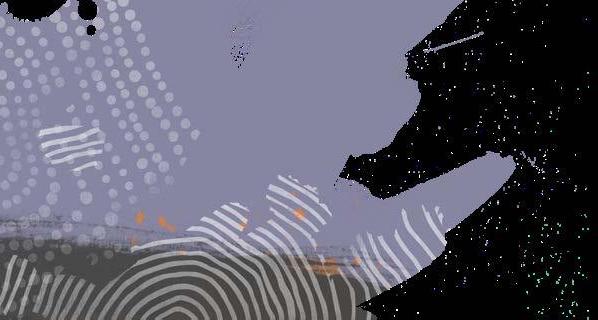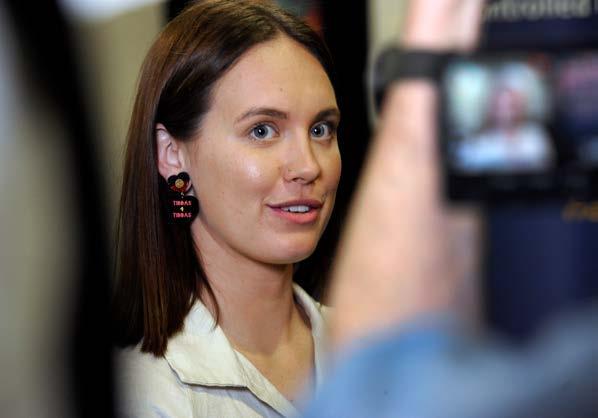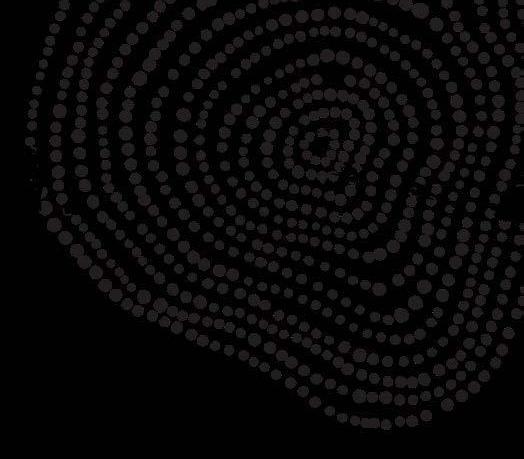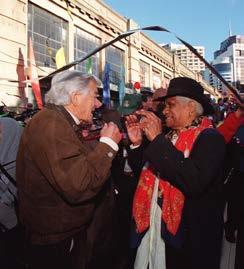20
Issue no. 43 / May 2020
LOOK FOR A BOOK! Tell Me Why: The Story of my Life and my Music by Archie Roach Simon & Schuster, 2019 This is the story of anyone who has been stolen from family, who has been searching all their life for their identity, their people, culture and Country. Reading Archie Roach’s memoir is an experience much akin to listening to his music. Soaringly moving and deeply personal, this book almost seems to hum with Roach’s characteristic soft and humble resonance. A few pages in and it becomes apparent that you’re in the presence of storytelling at its most authentic. A member of the Stolen Generations, Roach was taken from his family at the young age of two. Cycling through different foster families – and ultimately finding a home with one – his whole life and identity is thrown into turmoil when a letter arrives at age fifteen, telling him his truth. With raw honesty, Roach details the profound sense of displacement and despair that has followed him for much of his life, and oftentimes almost pulled him under. However, while he touches on alcoholism, homelessness, and suicide, Tell Me Why reveals ultimately it is the healing power of music that stays with you long after reading. Roach’s music has had a profound effect on Australia because of the categorical truth written into its every line. For many people this truth was their first introduction to the existence and effects of the Stolen Generations. Just like his music, Tell Me Why rings with truth, and likewise there is still so much for us to learn from his remarkable life. It shouldn’t be surprising to anyone that one of Australia’s greatest songwriters is also one of our greatest storytellers.
Sandtalk: How Indigenous Thinking Can Save the World by Tyson Yunkaporta Text Publishing, 2019 I’m not reporting on Indigenous Knowledge systems for a global audience’s perspective. I’m examining global systems from an Indigenous Knowledge perspective. Sandtalk is a book that reverberates through you for weeks after reading. One almost hesitates to call it a book. Rather, I found it more of a force that disembowels the mind like shucking the entire contents of a watermelon onto the ground from a great height. In the best way possible, of course. The premise of Sandtalk is deceptively straightforward: let’s look at solving complex problems with Aboriginal and Torres Strait Islander systems of knowledge. The execution, however, throws the reader into a multi-sensory deep-dive where the things you thought, and the thoughts about the things you thought, all get smashed together into mind-stew. It’s exhilarating. It’s philosophy in a way you’ve never philosophised before. It’s an electric current that sometimes quietly – more often shockingly – fries all the components on the circuit board of your brain. Brain-frying may be rather overwhelming for most, except Yunkaporta uses gloriously perfect symbols throughout the book that, designed after drawings etched in sand, bring everything together. And no doubt to flit across your eyelids before sleep, letting your mind quietly turn the book over and over. In a world where the myriad of Aboriginal and Torres Strait Islander systems of knowledge have either been purposely eradicated, ignored, misunderstood, stereotyped or wholesale appropriated, Sandtalk is an undeserved gift and a remarkable invitation. Buy it; read it; try explain it to your friends; fail miserably. Ultimately, insist they read it as well – if only to have someone else kept awake by drawings etched in sand too.











